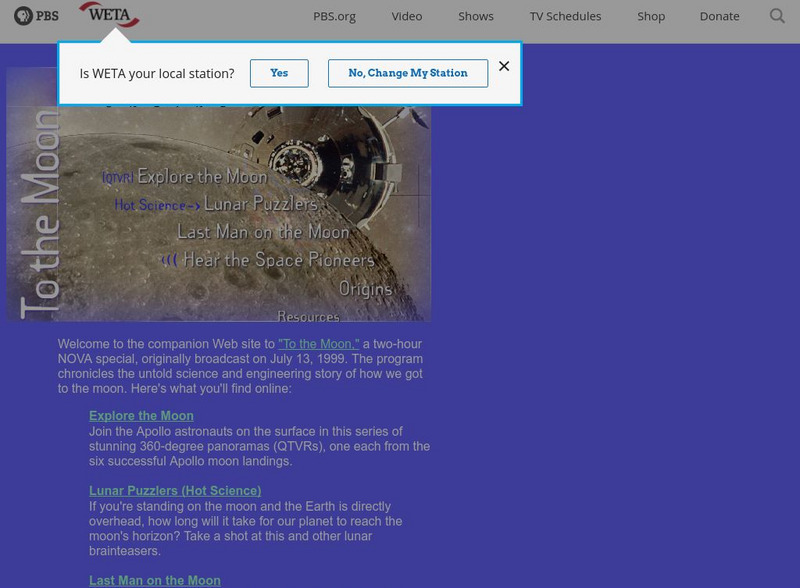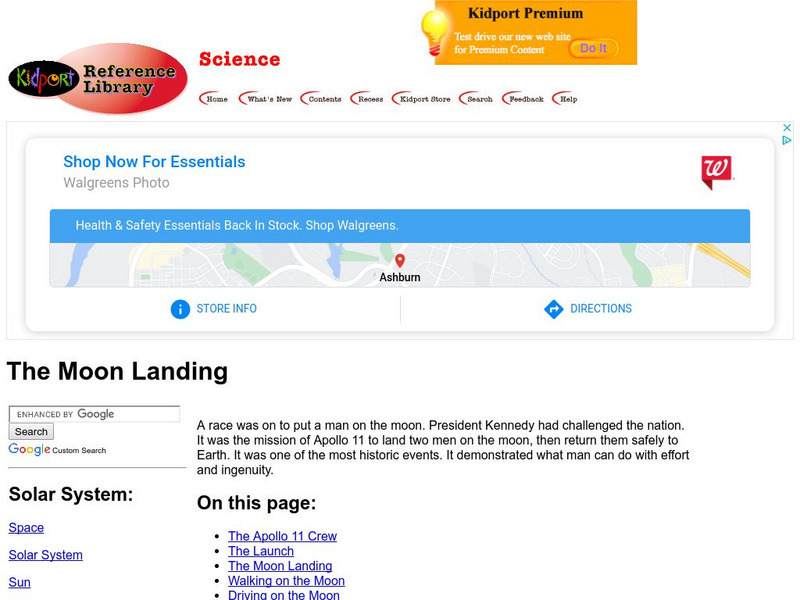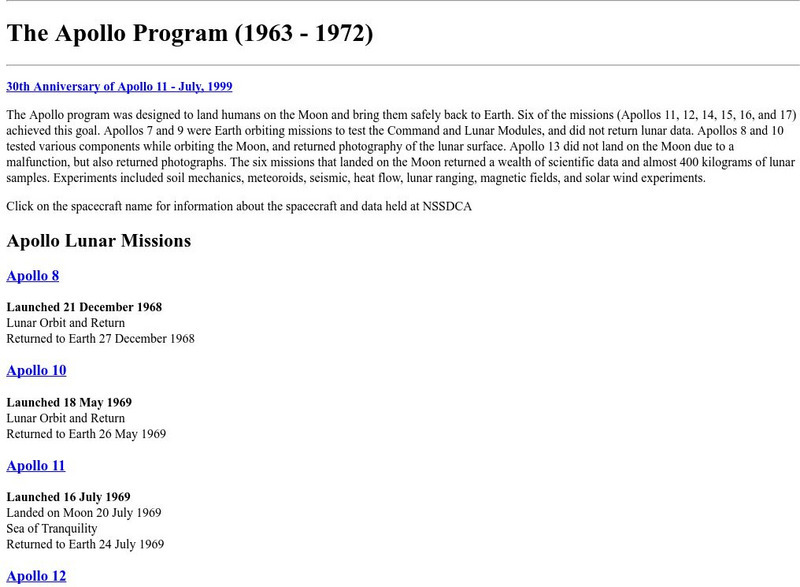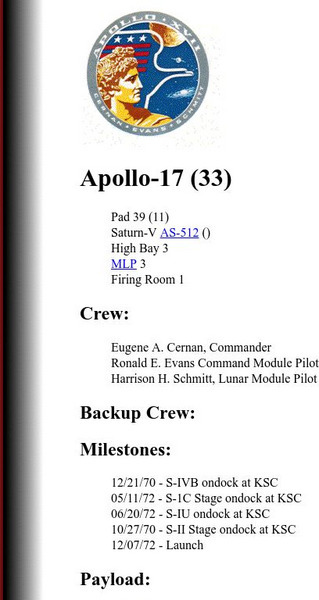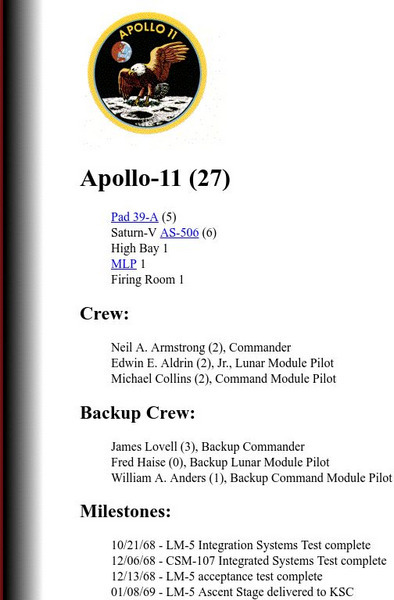Curated OER
What Do I See When I Picture Saturn?
Pupils create their own Saturn Discovery logs. They draw pictures of the planet and its founder. They share their drawings and writings with partners.
Curated OER
Unearthing The Facts
Students use agriculture related questions in order to build research skills. The questions are given and then they are expected to determine the best resource for finding the answers. The connection to the farmer is how they use...
Curated OER
Cassini gets Ready to run Rings Around Saturn
Fourth graders study an article about Saturn. In this investigative lesson students discuss the article and complete an activity that asks them what question they would pose about Saturn.
Curated OER
Busting More Myths Using the Scientific Method
Use the Mythbusters model to jazz up your scientific method lessons!
Curated OER
Exploring the Hudson in 1609
While this lesson focuses on a study of the Hudson River, it could be used as a template for a discussion of map skills, converting measurements, and plotting a route. The lesson includes vocabulary and other resources to make it a...
Curated OER
Digital Dreams
Students write a speech. In this dreams lesson, students define the word dreams and list their own dreams. Students read and discuss Langston Hughes work, read and discuss excerpts from speeches by JFK and Martin Luther King,...
Curated OER
World Wide Web Historical Timeline
Students use newspapers and magazines to identify six recent political and social events from around the world. In groups, they use a timeline template to place the events on the timeline in chronological order. They share with the...
Curated OER
Identifying Genre
In this identifying genre worksheet, 9th graders read the titles and descriptions of 15 stories, identify and write the genre and subgenre from the list provided.
BBC
Bbc Science and Nature: The Moon
The BBC brings together a lot of useful information about the moon and related topics, such as the lunar landings, and publishes it in the form of a traveler's guide.
Chase Young, PhD
Dr. Chase Young, Ph D: Reader's Theater Script: "How 400,000 People Landed Apollo 11" [Pdf]
A reader's theater script for Dixie Allen's nonfiction book, Team Moon: How 400,000 People Landed Apollo 11 on the Moon, is provided on these pages. Ten character roles are needed in this activity.
NASA
Nasa: John F. Kennedy Moon Speech
Provides the text of President John Kennedy's Rice Stadium Moon Speech September 12, 1962, with links to audio and video.
PBS
Nova: To the Moon
This companion website of a NOVA program that aired in 1999 features extensive information that focuses on moon research and includes a history of the Apollo missions as well as the science of the moon's origins.
Read Works
Read Works: Living on the Moon
[Free Registration/Login Required] An informational text that asks the reader to make predictions about visits to the moon. A question sheet is available to help students build skills in reading comprehension.
Kidport
Kidport: The Moon Landing
Travel back in history and see the first men on the moon. See photos of the crew, the launch, the landing and more.
NASA
Nasa Space Science Data Archive: Apollo Program
This is an extensive online review of the 17 Apollo missions. Resources are organized by mission number and include descriptions, mission details, photographs, and scientific data sets.
NASA
Nasa: Alan Shepard Apollo 14 Summary
An outline of the Apollo 14 Moon mission. Links to other NASA websites with detailed technical information and information on other Apollo missions are included on this site.
Other
Elementary Science Program: Astronomy, Gr. 5 8
"Astronomy is the science that studies the Earth, the Moon and other objects in space. It has helped us discover our place in the physical universe. It is still making discoveries." This landing page gives options for students and...
NASA
Nasa: Harrison Schmitt Apollo 17 Mission Summary
This site from NASA provides a brief outline of the last Apollo mission to the moon, Apollo 17. Links to other NASA websites are available.
TED Talks
Ted: Ted Ed: Why Doesn't Anything Stick to Teflon?
Teflon was in the spacesuits the Apollo crew wore for the moon landing, in pipes and valves used in the Manhattan project, and it may be in your kitchen, as the nonstick coating on frying pans and cookie sheets. So what is this slippery...
NASA
Nasa: Edwin "Buzz" Aldrin Apollo 11 Summary
This site from NASA provides a detailed and lengthy summary of the Apollo 11 mission. Comments (quotes) by each astronaut are provided giving personal accounts of the highlights of the mission which resulted in the first landing on the...
NASA
Nasa: Great Images in Nasa
Fascinating collection of images from NASA, chosen for their historical or aesthetic significance. Images are searchable by subject, by NASA center, and by keyword, and each is available in three sizes. With links to more information...




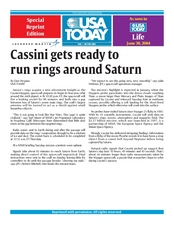



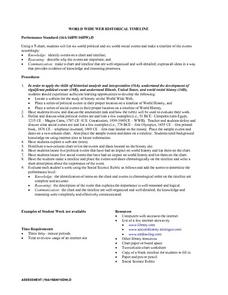

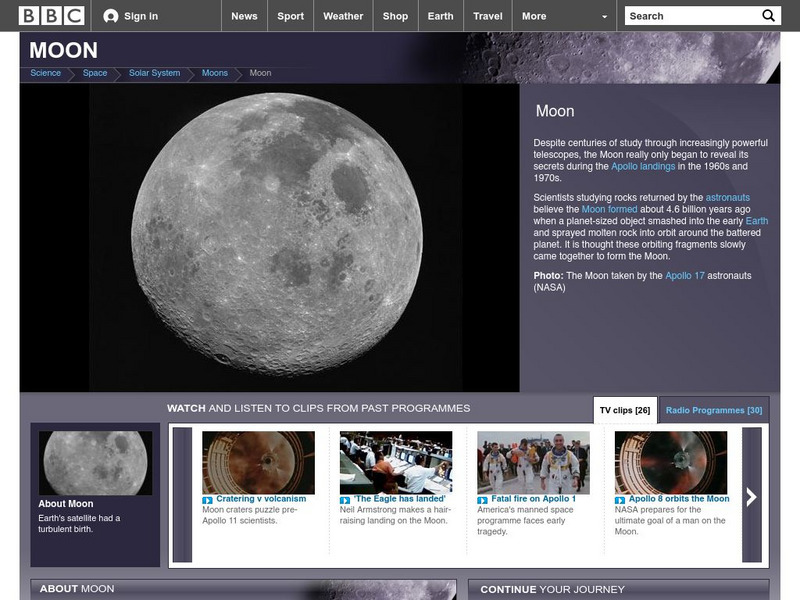
![Dr. Chase Young, Ph D: Reader's Theater Script: "How 400,000 People Landed Apollo 11" [Pdf] Activity Dr. Chase Young, Ph D: Reader's Theater Script: "How 400,000 People Landed Apollo 11" [Pdf] Activity](https://d15y2dacu3jp90.cloudfront.net/images/attachment_defaults/resource/large/FPO-knovation.png)

